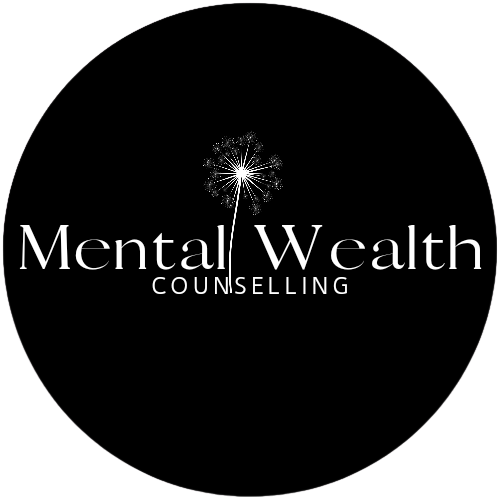Recognizing When to Seek Professional Counselling for Mental Health: Signs and Benefits
Recognizing when it’s time to seek professional counselling for your mental health is a crucial step toward overall wellbeing. Many of us try to manage mental health concerns such as stress, anxiety, and depression on our own, but there are times when expert support and guidance is needed to make significant change. In this post, we will explore some signs that it may be time to seek professional support, as well as how counselling can help you move towards a healthier, more balanced life.
Signs You Should Consider Professional Counselling
Persistent Emotional Distress
If you notice yourself struggling with persistent feelings of sadness, distress, anxiety, or anger, it may indicate a need for professional help.
Difficulty Coping with Life Changes
Major life changes like divorce, loss of a loved one, health issues, or career transitions can be overwhelming. A counsellor can help you navigate these changes in a supportive space.
Relationship concerns
If you are experiencing persistent patterns of conflict, communication challenges, trust issues, emotional disconnect, or intimacy problems in your relationships, counselling may be needed to help you work through your challenges in a healthier way to reach a more connected and satisfied place in your relationship.
Unhealthy Coping Mechanisms
If you’re struggling to cope with life’s challenges and find yourself turning to unhelpful coping mechanisms such as substance abuse, self-harm, overeating or undereating, avoidance, aggression, or impulsive spending, you may need the help of a professional counsellor.
Unexplained Physical Symptoms
If you notice physical symptoms such as headaches, changes in appetite or weight, tension, pain, fatigue, digestive issues, dizziness, or frequent illness that cannot be explained by another condition, they may be related to problems with mental health that a professional counsellor can help address.
Sleep Disturbances
Various mental health concerns can interfere with sleep, such as anxiety, chronic stress, depression, and PTSD. Persistent sleep disturbances can significantly hinder your daily functioning by interfering with energy levels, mood, memory, concentration, and decision-making. These consequences can further exacerbate mental health issues and lead to physical health problems as well. If you find yourself having unexplained difficulties with sleep, seeing a counsellor can help you determine whether underlying emotional struggles need to be addressed to improve your sleep.
Feeling Stuck
If you feel stuck or unmotivated, you may want to consider seeing a counsellor to explore your goals, values, and passions to lead a more fulfilling life.
Isolation and Withdrawal
Losing interest in previously enjoyable activities and withdrawing from friends and family may indicate underlying issues that a counsellor can help address to help you stay connected to your support network.
Benefits of Professional Counselling
Safe Space
Counselling allows you to express your thoughts and feelings in a space that is confidential, non-judgemental, and supportive. It can be difficult to be vulnerable with someone you’ve just met, which is why it’s important to find a counsellor who you feel comfortable with and can build good trust and rapport with over time in order to receive the validation and support you need.
Identifying Patterns and Triggers
A counsellor can help you notice unhelpful behavioural and thought patterns, as well as triggers that lead to emotional distress. Awareness is the first step in making meaningful change, as you can’t change harmful patterns without first being able to identify when they’re occurring.
Behavioural Changes
After unhealthy behaviours have been identified, a counsellor can help you change these behaviours by looking at the root causes and replacing the behaviours with healthier ones.
Improved Relationships
Couples and family counselling can be especially helpful if you have persistent concerns with any relationships in your life. These types of counselling allow for multiple perspectives to be heard in a space where a professional can help guide the individuals involved towards better communication, conflict resolution, mutual understanding, and strengthened connections.
Skill Development
Counselling can help you develop and improve various skills such as coping, communication, problem-solving, and goal-setting skills. Notably, counselling can be very helpful for learning to better regulate and manage emotions.
Despite the stigma that still exists surrounding counselling and mental health in general, recognizing when you need professional support for your mental health is an act of self-care, courage, and resilience. Counselling is an excellent support for your journey towards healing and wellness. Counsellors are able to help you develop the awareness and tools you need to enhance your mental health and better cope with life’s stressors. If you find yourself struggling with any of the signs mentioned in this post or with any other concerns that negatively impact your life, consider reaching out to a counsellor for expert support and guidance.
